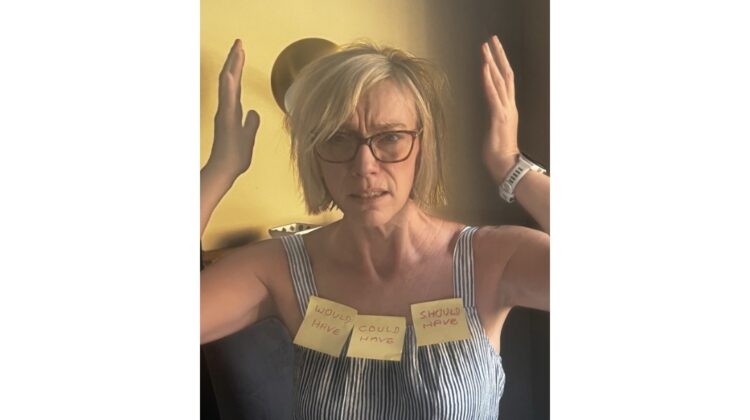
In this month’s column, integrative counsellor Sam Grainger looks at how we act in relation to how we view ourselves – on the eve of what happens to be ‘Toss Away the “Could Haves” and “Should Haves” Day‘
“I could have done…” “I should have done…” “How would it have been…” How many times do you find you say this to yourself? I am guessing its quite a lot, possibly even every day. I know I am guilty. I make to do lists that are unachievable, or I tell myself off for being unmotivated and feel guilty for having a rest. I do not go for a run and then reprimand myself for the rest of the day. That’s it. The day is over. I’ve failed.
Sound familiar? How does it make you feel – not particularly good? You have not managed to achieve enough; you have failed in some way and then you feel rubbish.
This then drives feeling of anxiety and guilt and all these negative emotions are counterproductive, leading to further avoidance and procrastination.
Where does this all come from? Well, it is all about our view of self. The self is made up of three parts: Actual self, ideal self and the ought self.
The actual self is based on the attributes you believe you possess. The ideal self represents who you want to be, and the ought self is who you feel you should be, and this is often driven by duty, obligation, and responsibility.
Where am I going with this? Well, if we have an imbalance between our ideal self and ought self, this is where should have, could have, and would have creeps in and plays havoc.
If we understand our ideal self and our ought self it can help us to improve out happiness and life satisfaction. But how do you do this?
It requires you to be honest with yourself and you need to distinguish between who you really want to be (ideal self) from who you think you ought to be (ought self). This is not easy – we take on other people’s opinions and expectations and these can be deeply ingrained. We often think we are describing our ideal self, in fact we our working from our ought self – what we perceive others think we should be doing/achieving.
This leads to dissatisfaction because you are not being true to yourself – you are working on the should have, could have, would have mentality, which leads to dissatisfaction and sets you up to fail and then the circle continues.
Take some time to think about what you really want. Who do you really want to be? When we start to motivate ourselves from this perspective, we are less likely to regret the things we could have, should have and would have.
“SHOULD have, WOULD have and COULD have will ALWAYS keep YOU from: I CAN, I WILL and I AM.” (Rio Vergini)
This is a snapshot and simple explanation of self-discrepancy theory and its impact on how we act in relation to how we view ourselves.
Visit Sam Grainger Counselling (freethemind.info)
Featured image – supplied

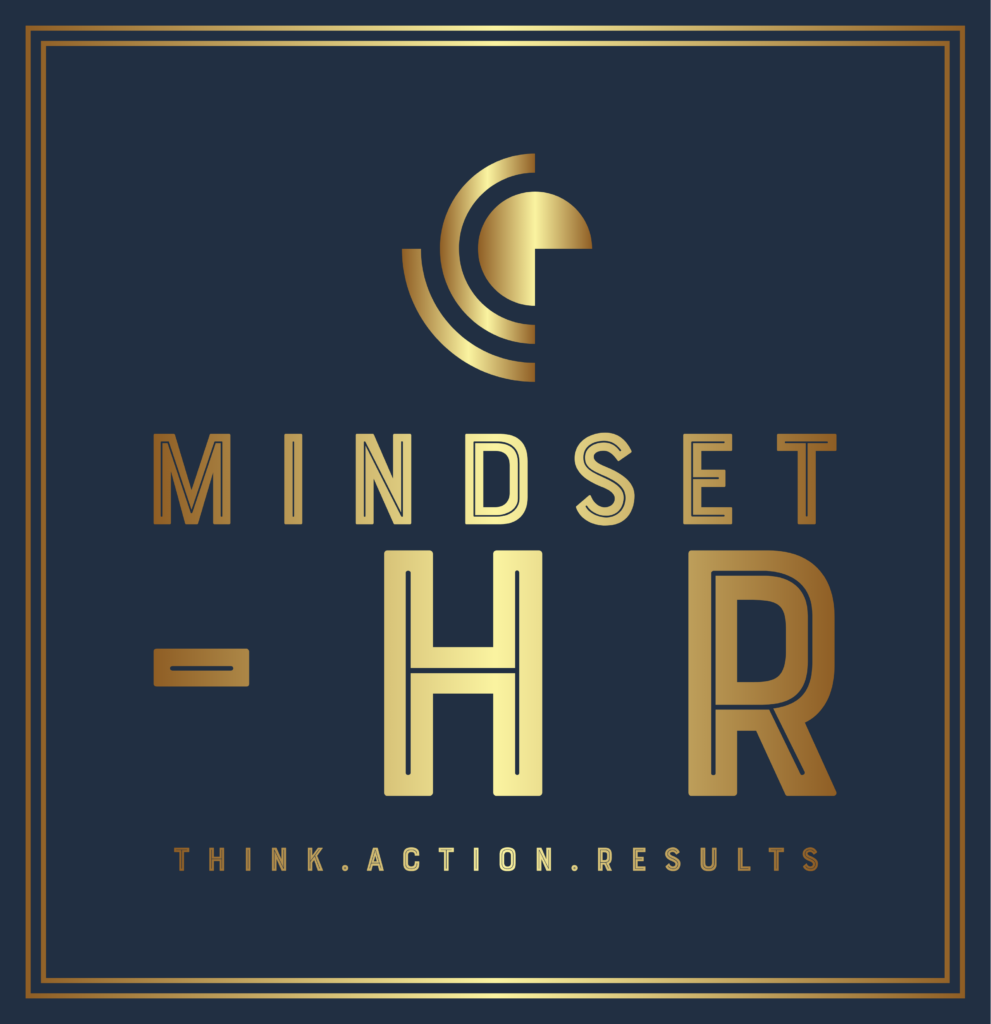


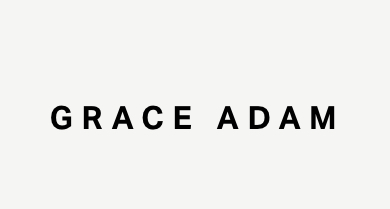
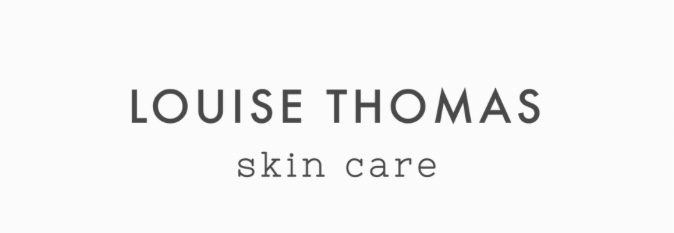


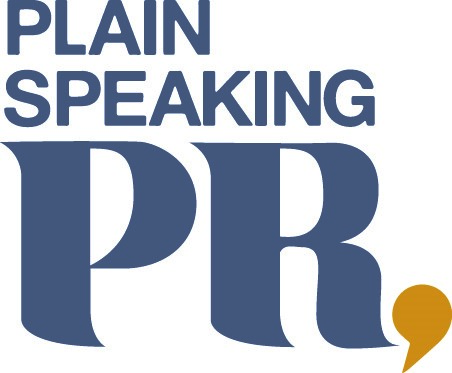
Leave a Reply